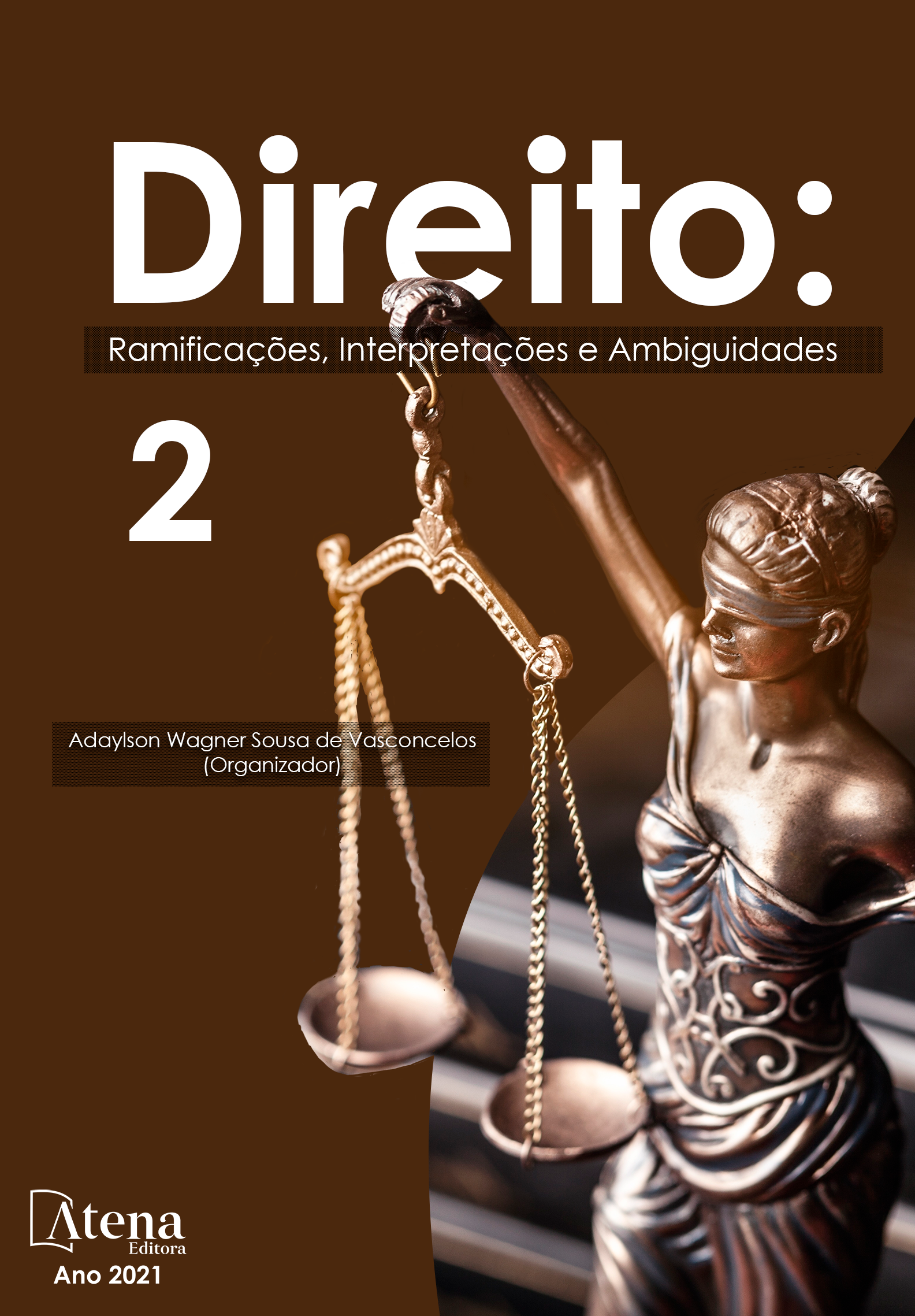
LEI MARIA DA PENHA: UMA FORMA DE PROTEÇÃO AOS DIREITOS DA MULHER
O direito em sua essência, cada vez está se tornando mais abrangente, uma vez que, deixa clara a diversidade do tema em questão que é o respeito a mulher, impulsionando a edição de novas leis, de acordo com seus princípios assegurados na Constituição Federal de 1988. Diante dos rumores que permeiam na sociedade, o direito da mulher passa por uma transição na qual medidas de prevenção e proteção se tornam explícitas. Nos últimos tempos houve avanços significativos na construção e reconhecimento dos direitos da mulher, especialmente no que diz respeito a violência doméstica, ou seja, aquela praticada no âmbito familiar. Tais avanços traçam uma trajetória que avança da submissão de gênero para a garantia de direitos, respeito e dignidade.Em 1995, foi criada a Lei dos Juizados Especiais, que tinha como ideia principal ajudar na criação de medidas a favor da mulher contra a violência, com relações a ameaças e lesões corporais leves. Por meio da criação dos juizados especiais houve uma tentativa de acabar com a impunidade, porém a lei condicionou à representação às lesões corporais leves, e as lesões corporais culposas omitiram o Estado de sua obrigação de punir, transmitindo às vítimas a iniciativa de buscar a apelação de seu agressor, deixando as mulheres vítimas de violência doméstica e familiar inseguras.A fim de combater a prática de violência contra a mulher e com o propósito de proteger a mulher vítima de violência doméstica o ordenamento jurídico brasileiro criou algumas leis, porém estas não contribuíram de forma incisiva e direta para diminuir a violência praticada contra a mulher. Mesmo com os dispositivos jurídicos voltados a proteção da mulher foi necessária a elaboração de um mecanismo específico para combater a violência doméstica contra a mulher - a Lei Maria da Penha.
LEI MARIA DA PENHA: UMA FORMA DE PROTEÇÃO AOS DIREITOS DA MULHER
-
DOI: 10.22533/at.ed.85421100317
-
Palavras-chave: Proteção. Cuidado. Direito
-
Keywords: Protection. Watch out. Right
-
Abstract:
The law in its essence, is becoming more and more comprehensive, since it makes clear the diversity of the subject in question, which is respect for women, promoting the issuance of new laws, according to its principles enshrined in the Federal Constitution of 1988. In view of the rumors that permeate society, women's rights go through a transition in which preventive and protective measures become explicit. In recent times, there have been significant advances in the construction and recognition of women's rights, especially with regard to domestic violence, that is, that practiced in the family context. Such advances trace a path that advances from the submission of gender to the guarantee of rights, respect and dignity. In 1995, the Law of Special Courts was created, whose main idea was to help in the creation of measures in favor of women against violence, with respect to threats and minor bodily harm. Through the creation of special courts, an attempt was made to end impunity, but the law made it mandatory to represent minor bodily injuries, and culprit bodily injuries omitted the State from its obligation to punish, transmitting to victims the initiative to seek appeal. of her aggressor, leaving women victims of domestic and family violence insecure. In order to combat the practice of violence against women and with the purpose of protecting women victims of domestic violence, the Brazilian legal system created some laws, but these did not contribute in an incisive and direct way to reduce the violence practiced against women. Even with the legal provisions aimed at protecting women, it was necessary to develop a specific mechanism to combat domestic violence against women - the Maria da Penha Law. -
Número de páginas: 13
- Ieda Márcia Donati Linck
- Marcelo Cacinotti Costa
- Rafael Vieira de Mello Lopes
- Ângela Simone Keitel
- VANESSA STEIGLEDER NEUBAUER


